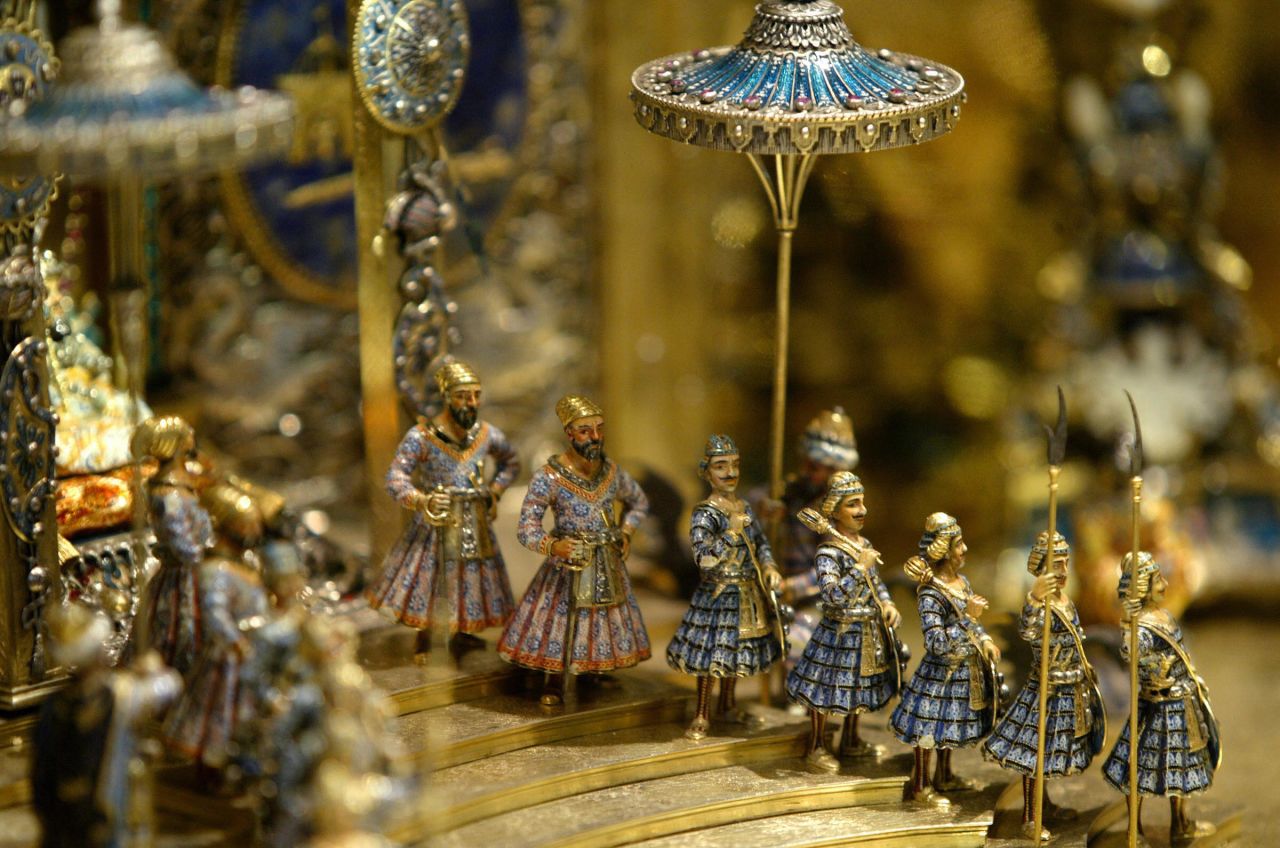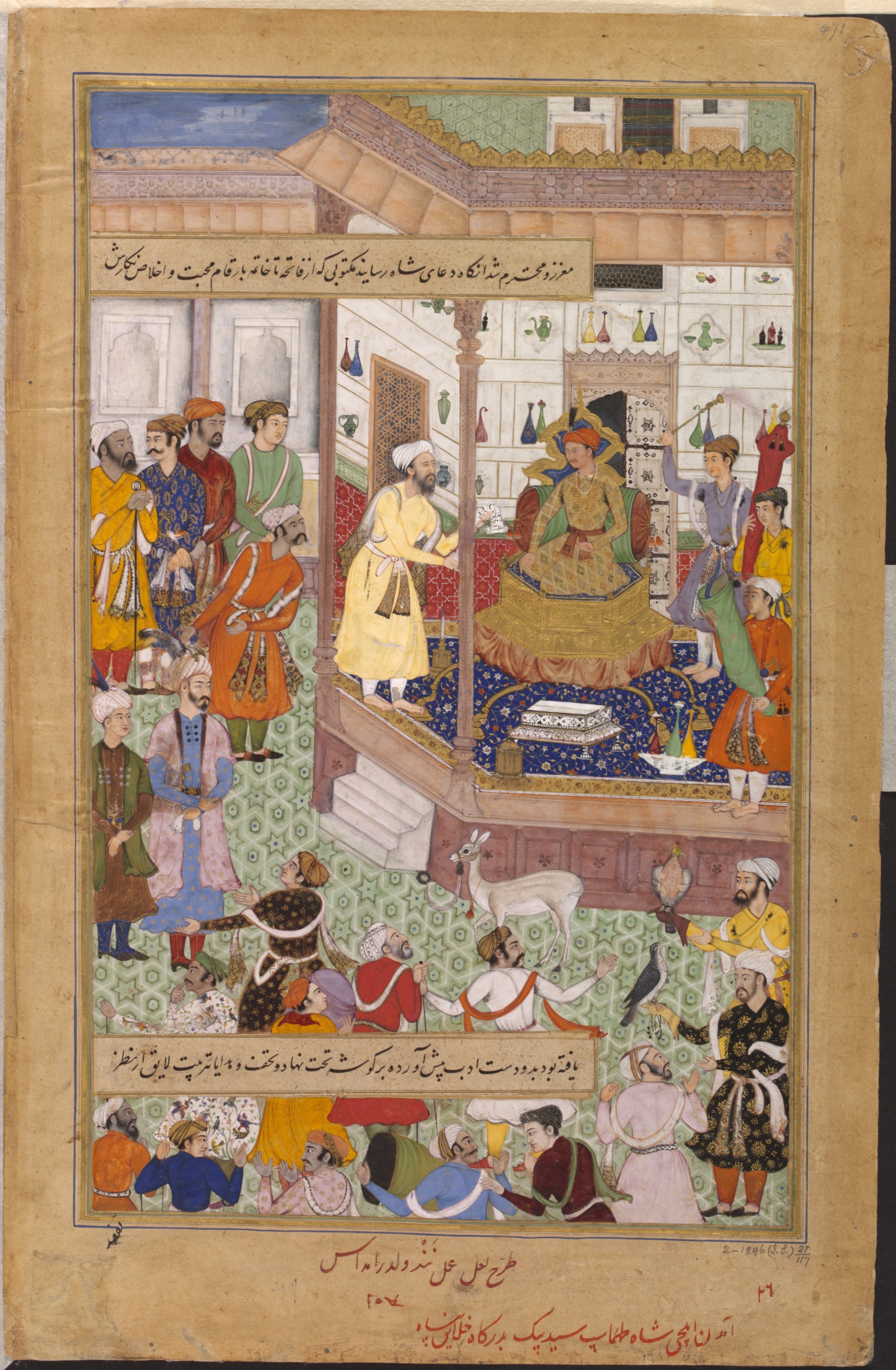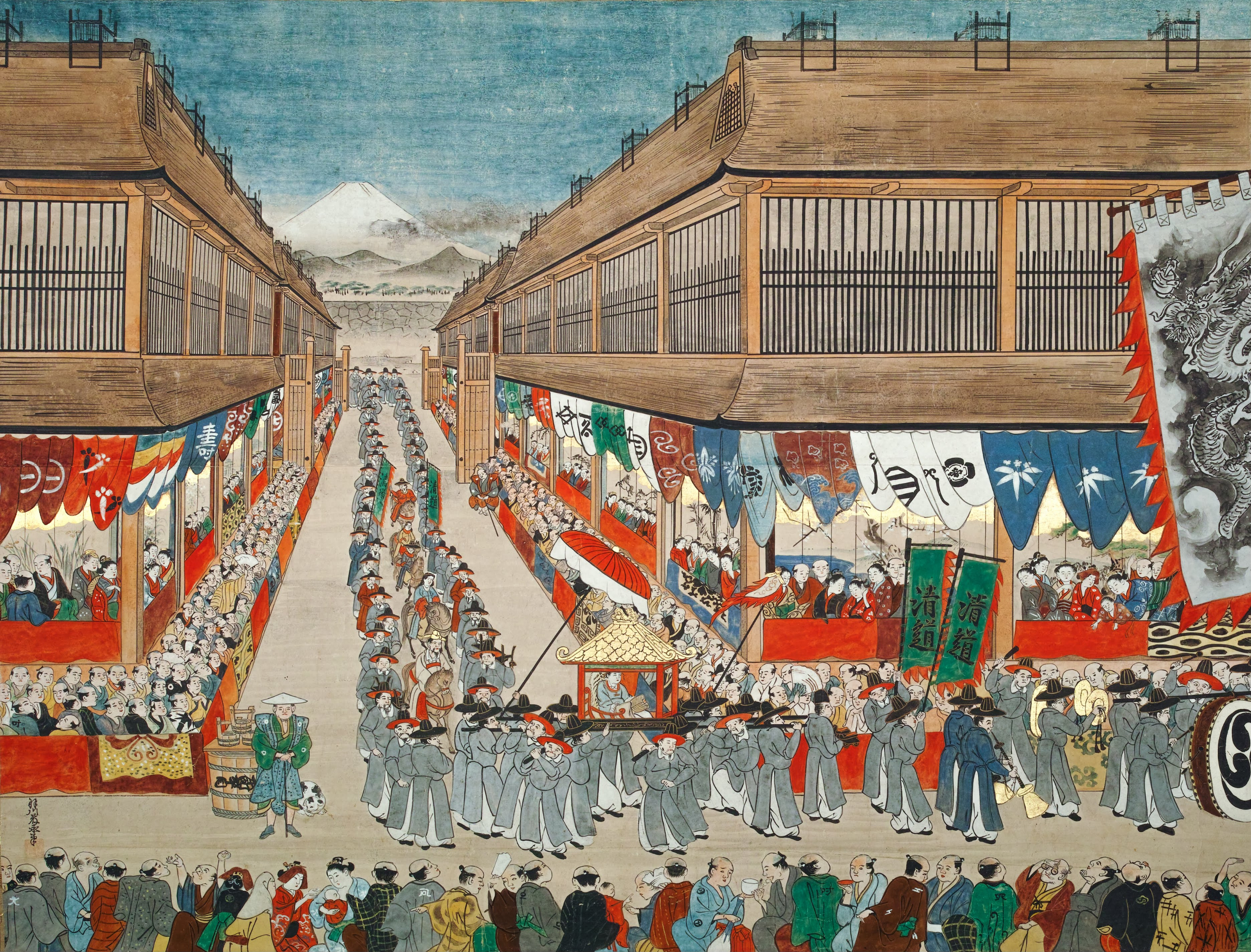Global Diplomacy Network
The Global Diplomacy Network (GDN) aims to produce a new understanding of global diplomatic history that moves beyond the traditional Eurocentric narrative. It brings together a global community of scholars to examine the contributions of diplomatic actors and conceptual traditions from around the world. Our regular online and in-person events seek to foster a robust and novel understanding of the global and connected development of inter-polity exchange from the early modern period (ca. 1400-1800) onwards. Coordinated by Lisa HellmanLink opens in a new window (Lund University), Birgit Tremml-WernerLink opens in a new window (Stockholm University), and Guido van MeersbergenLink opens in a new window (University of Warwick), the Global Diplomacy Network has benefitted from funding received from Warwick's International Partnership Fund (2022-24), the Arts and Humanities Research Council (2024-26), and the Riksbanken Jubileumsfond (2025-2027).
Towards a Global Diplomatic History (c. 1400-1900)
AHRC Research Networking Grant (AH/Y001621/1) - January 2024 - April 2026
PI: Guido van Meersbergen
What does a truly global history of diplomacy look like? How can we research and write diplomatic history in a way that takes full account of the formative contributions of actors and conceptual traditions from around the world? The history of diplomacy is conventionally written as a story centred on Europe. Central ingredients of the traditional narrative are the city states of Renaissance Italy, the Westphalian system founded in 1648, the rise of the modern nation state, and the dissemination of a system of international law rooted in European legal theory because of European imperial expansion. Taken together, we have long been told, these factors led to the emergence of the modern international order in the nineteenth century. In recent years, the central tenets of this narrative have been widely contested even for Europe itself, while a growing body of research on the conduct of inter-polity relations in Africa, Asia, and among Indigenous communities in the Pacific and Americas have provided us with a much fuller understanding of the global scope and transcultural development of diplomacy, here understood as the conduct of relations between political entities. However, despite this recent increase in local and regional case studies covering different parts of the world, a new integrated narrative about the global and interactive development of diplomatic norms, concepts, institutions, and practices from the early modern period (ca. 1400-1800) onwards has yet to be written.
"Towards a Global Diplomatic History (c. 1400-1900)" aims to produce such a connected and integrated account of global diplomatic history, one that can replace existing Eurocentric narratives with a new understanding of the global origins of inter-polity exchange. To do so, the Global Diplomacy Network will bring together an interdisciplinary group of international specialists representing a diverse range of linguistic and area expertise and different disciplinary backgrounds, including historians of empire, law, gender, and material culture, art historians, literary critics, and IR scholars. At three in-person conferences and regular online seminars, network members will address the following questions:
- How was the management of relations between political entities practiced and understood in different parts of the early modern world?
- What was the global range of actors involved in shaping diplomatic contacts and what were the key mechanisms of exchange? What were the principal factors driving the development of early modern inter-polity relations around the globe?
- What was the role of conflict and power asymmetries in bringing about convergence and divergence?
- How did diplomatic norms, structures, and practices of varying cultural origin influence one another and change as the result of global entanglements?
- Which agents and processes were most influential and why?
- And what role did non-Western communities and concepts play in the development of the global diplomatic system?
Through its structured programme of events, the Global Diplomacy Network will open new pathways for the development of global diplomatic history as an international and collaborative field of research. The network will aim to build strong links between researchers in the UK, Europe, and globally by providing an inclusive framework for scholarly networking and collaboration, laying the groundwork for joint research funding applications. We will seek to advance academic and public knowledge of the global and interactive development of inter-polity exchange through online resources, conferences, and public talks. And, along with our members, we will work towards publishing a major research companion on global diplomatic history.
Network events
Conference 1: "Towards a Global Diplomatic HistoryLink opens in a new window", 30-31 May 2024, University of Warwick (programme and registrationLink opens in a new window).
Conference 2: "The Problem of Eurocentrism in Global Diplomatic History", 23-24 January 2025, Stockholm University.
Conference 3: "Writing a Connected Global Diplomatic HistoryLink opens in a new window", 16-17 June 2025, Swedish Research Institute in Istanbul.
Final Workshop: "(Co-)Writing Global Diplomatic HistoryLink opens in a new window", 12-13 March 2026, University of Warwick
Network WebsiteLink opens in a new window
See also
Global Diplomacy: Recentring International Relations 1400-1850Link opens in a new window - funded by Riksbanken Jubileumsfond grant (PI: Lisa Hellman, Lund University - 2025-2027).






